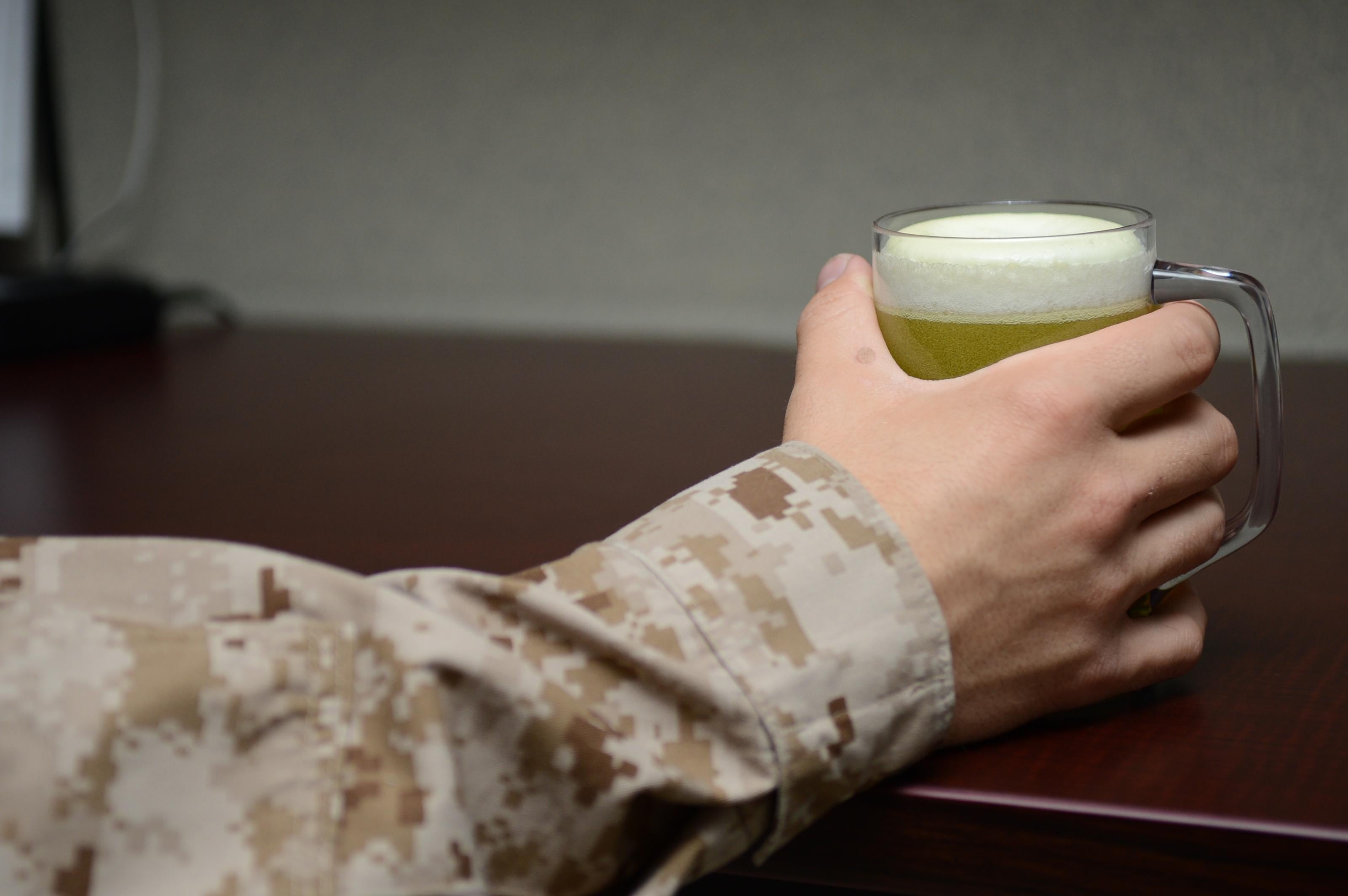Marine units must once again conduct random breathalyzer tests on assigned troops, following a years-long pause in the program because of the COVID-19 pandemic.
Because Marines must blow into the apparatus, the federal government’s COVID-19 emergency policies had “necessitated” a halt to the testing of on-duty Marines for alcohol via breathalyzer, according to a Marine administrative message. But with the public health emergency officially ending Thursday, units are required to resume the testing by June, if they haven’t done so already.
A randomly selected tenth of each unit will undergo the testing, known as the Alcohol Screening Program, each month, according to the Marine message. That’s in line with how the program ran prior to the pandemic.
The Marines selected for the breathalyzer testing must also get screened for urinalysis drug testing, as had been the case since 2014. The testing is supposed to happen at different times of the day, on different days of the month, to make it hard for troops to predict when it will occur.
“The ASP supports a commander’s efforts to ensure Marines arrive to work safely and fit for duty,” the MARADMIN states.
The purpose of the program is twofold: to deter drinking on or before the job, and to identify Marines who may have a problem with alcohol misuse, according to the order laying out the program. Those who are found to have a blood alcohol content of .04 or higher get referred for counseling, according to the order.
The command typically opens an investigation into a Marine found to have been drinking, according to Army veteran Robert Capovilla of Capovilla & Williams, a law firm that specializes in defending service members.
Under military law, it’s illegal to be at work with a blood alcohol content of .08 or higher, or while impaired. The crime can carry serious punishments, including confinement of up to nine months, a bad-conduct discharge, and forfeiture of all pay and allowances.
And Capovilla said it’s common for service members found to have been drinking to get punished for violating a lawful order.
RELATED

In practice, according to the web site of Bilecki Law Group, which specializes in defending military clients, “we’d argue that drunk Marines running PT is such a common phenomenon in the Corps that command has no choice but to look the other way.”
Rand researchers have found that the Marine Corps is the service with the highest prevalence of binge-drinking, defined as more than five drinks for men or more than four for women in one sitting. In 2018, 44.9% of Marines reported binge-drinking in the previous month, compared to 34.0% across the military.
That kind of drinking, if done into the wee hours, can affect blood alcohol levels the next morning, even if the Marine is not drinking on the job.
Editor’s note: This article has been updated with additional legal context about the alcohol screenings.
Irene Loewenson is a staff reporter for Marine Corps Times. She joined Military Times as an editorial fellow in August 2022. She is a graduate of Williams College, where she was the editor-in-chief of the student newspaper.




